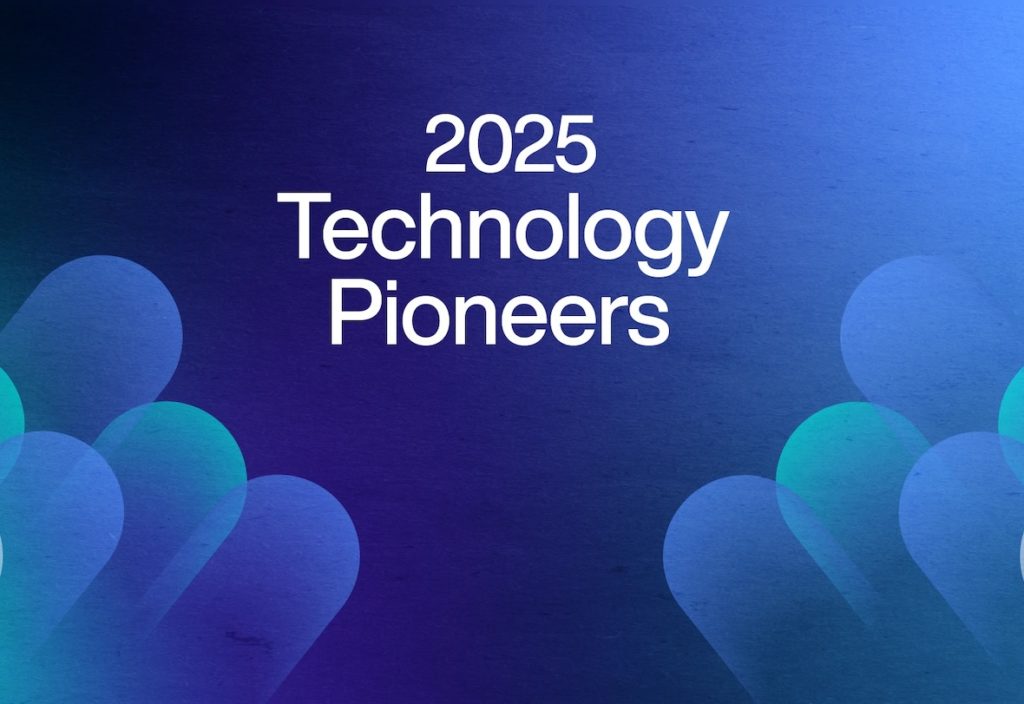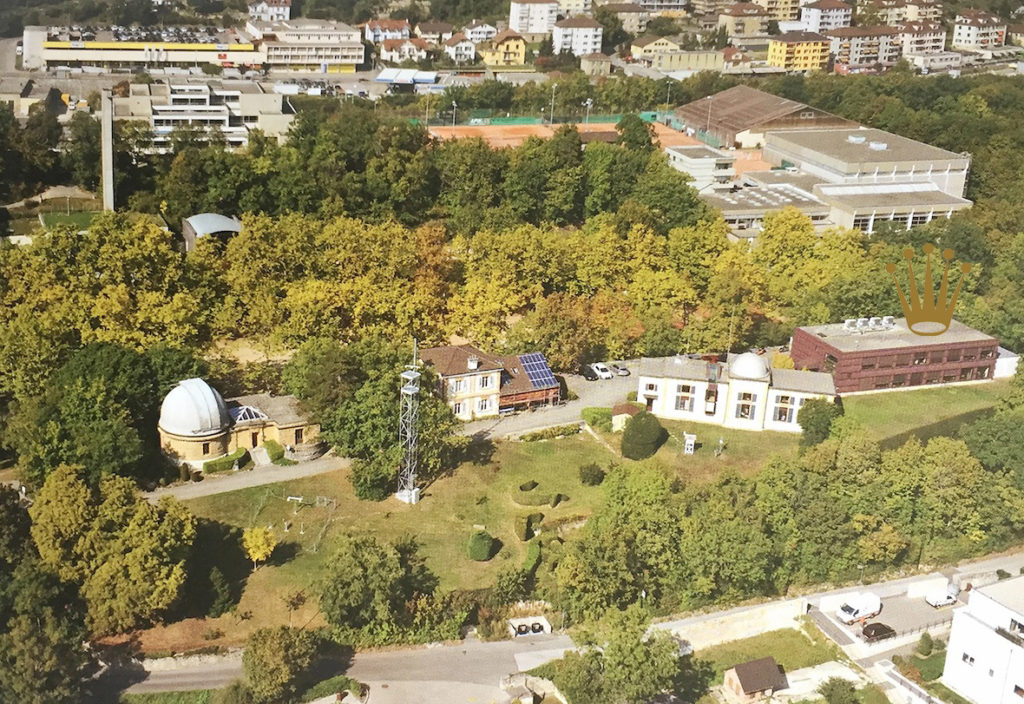
EPFL’s Fribourg campus expands with six new research chairs by 2030
2 December 2024
 The Smart Living Lab in Fribourg will serve as a model for energy-efficient, sustainable construction. | © Smart Living Lab
The Smart Living Lab in Fribourg will serve as a model for energy-efficient, sustainable construction. | © Smart Living Lab
EPFL and the canton of Fribourg have announced the creation of six additional research chairs at EPFL’s Fribourg campus, strengthening its role as a hub for sustainable innovation in the built environment.
The Fribourg cantonal Government and EPFL have unveiled ambitious plans to enhance EPFL’s Fribourg campus, with six new research chairs to be established by 2030. This expansion brings the total number of chairs to ten and will solidify the campus as a center of excellence in the built environment, energy, and climate research.
The new research chairs will be housed in the forthcoming Smart Living Lab (SLL), an experimental building within the bluefactory innovation district. Construction of the SLL will begin in 2025, with the facility expected to open in 2027. Designed as a full-scale testing ground, the SLL will integrate cutting-edge energy-efficiency and sustainability technologies, developed collaboratively by EPFL, the HEIA School of Engineering and Architecture, and the University of Fribourg.
This initiative aligns with the goals of EPFL’s recently launched Centre for Worldwide Sustainable Construction (CWSC), which operates across the Lausanne and Fribourg campuses. The CWSC promotes innovative construction methods and sustainable materials, aiming to advance global practices within the industry.
Transforming Fribourg’s economic and research landscape
The addition of six research chairs will expand the campus’s workforce to between 130 and 160 by 2030. Each chair will be led by a professor heading a dedicated research group, fostering deeper collaboration among EPFL, HEIA, and the University of Fribourg. This interdisciplinary approach will bolster the region’s innovation capacity and drive economic benefits for local businesses.
The SLL itself will exemplify sustainable construction, incorporating resource-efficient designs, a digital twin, and advanced monitoring systems. It will contribute directly to Switzerland’s 2050 energy objectives and serve as a model for the construction industry.

